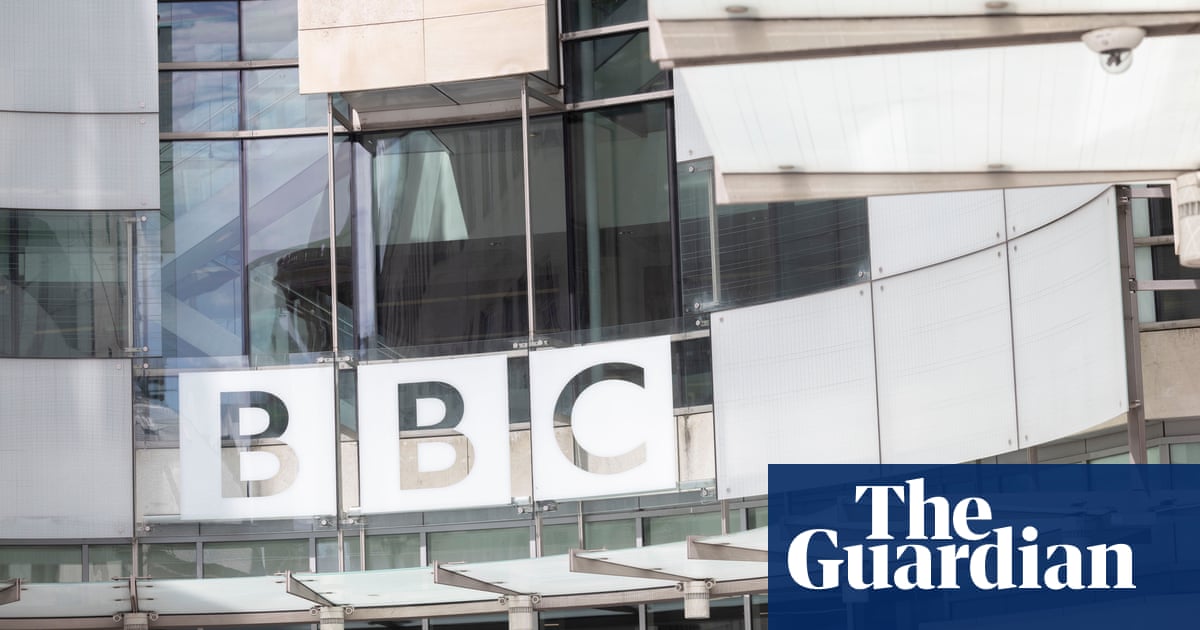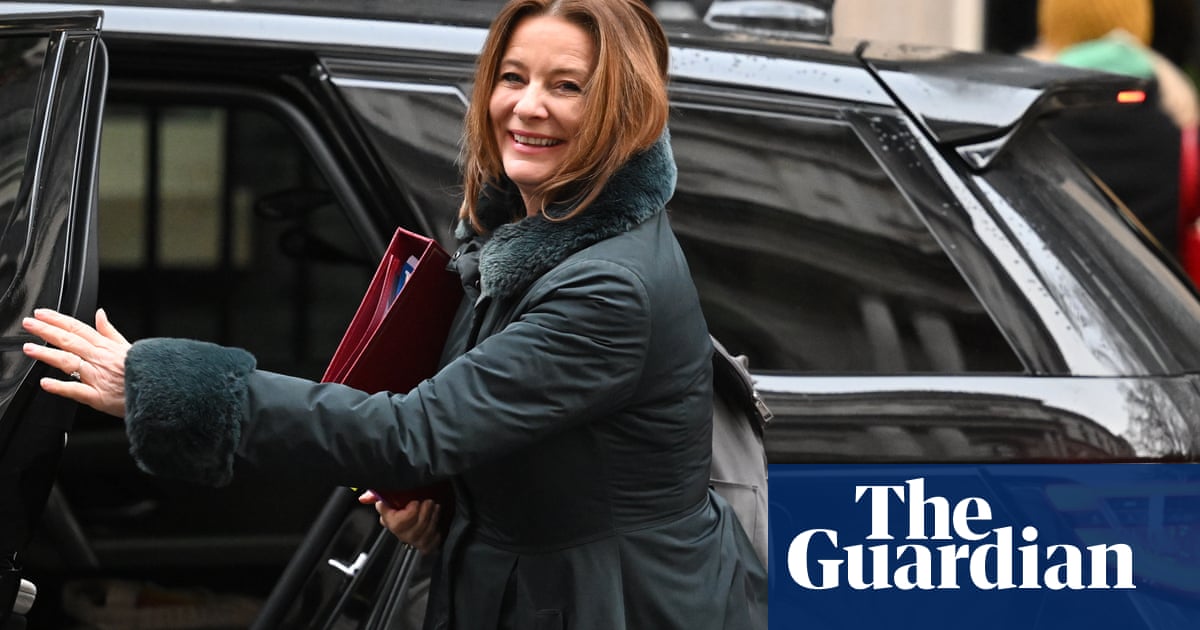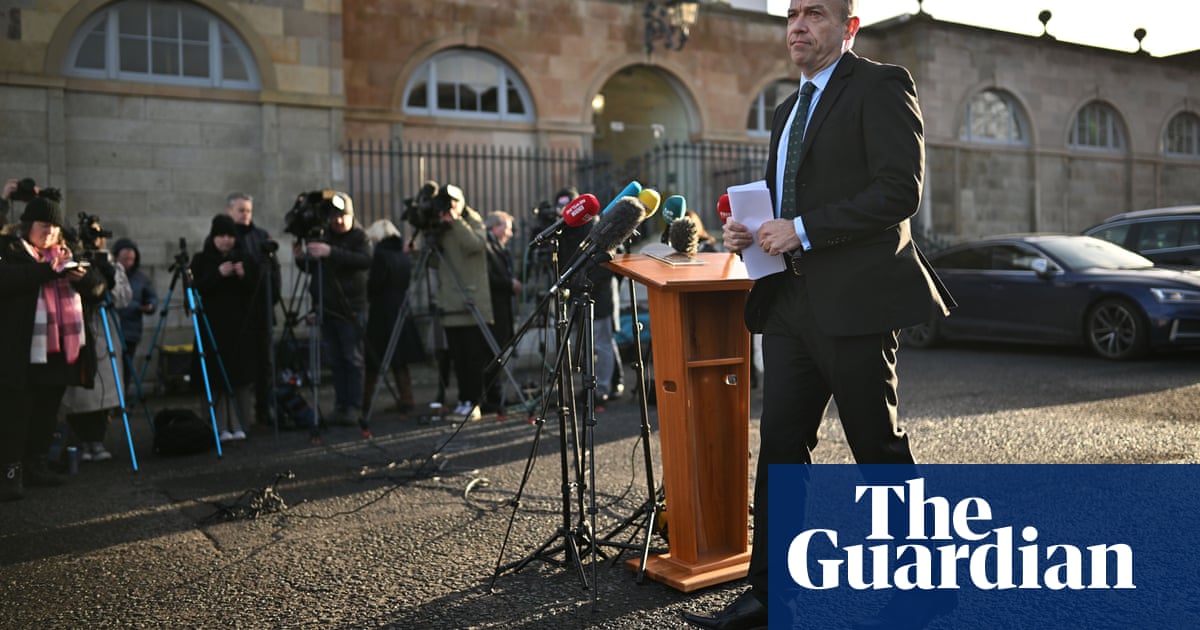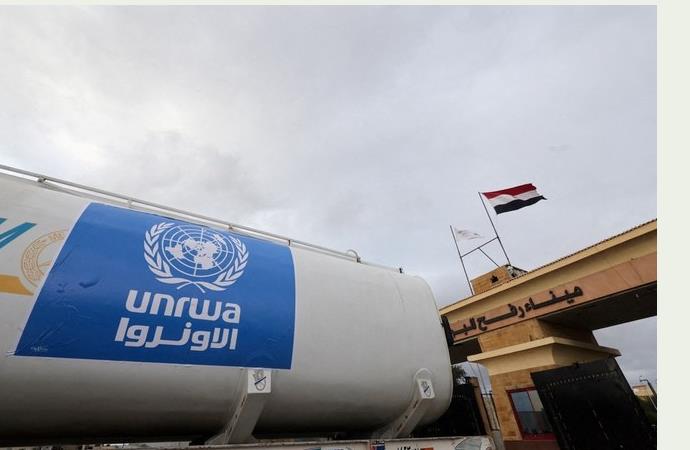
The BBC should now be “given the space” to investigate allegations that an unnamed presenter paid a teenager for sexually explicit images, the culture secretary, Lucy Frazer, has said after holding urgent talks with the broadcaster’s director general, Tim Davie.
After speaking with him on the phone about the “deeply concerning” allegations involving one of the BBC’s presenters, she said he had assured her that the BBC “are investigating swiftly and sensitively”.
“Given the nature of the allegations it is important that the BBC is now given the space to conduct its investigation, establish the facts and take appropriate action. I will be kept updated,” Frazer said on Twitter.
Senior officials have told the broadcaster that the allegations reported by the Sun newspaper must be investigated “urgently and sensitively”, with the Department of Culture Media and Sport (DCMS) kept updated.
Earlier a government minister had urged the BBC to act “very swiftly” to deal with allegations that one of its presenters had been taken off air after being accused of paying a teenager for sexual photographs.
Amid reports that the “well-known” presenter has been accused of paying more than £35,000 in exchange for explicit images, Labour called for broadcasters to “speed up their processes” in investigating such allegations.
Neither the accused nor the teenager, who was reported to be 17 when the payments began, were identified in a report by the Sun.
Victoria Atkins, the financial secretary to the Treasury, told Sky’s Sophy Ridge on Sunday: “These are very, very serious allegations and the BBC have said they have processes in place.
“But as public attention and concern grows, the BBC is going to have to act very swiftly to deal with these allegations and to set out what they are doing to investigate them.”
Labour’s Rachel Reeves, the shadow chancellor, said there needed to be a full investigation but she added that it also went “beyond the BBC” and standards applying more broadly to broadcasters needed to be “reformed and looked at again” in the wake of other controversies, such as that which led to Phillip Schofield’s departure from ITV’s This Morning in late May.
“The investigations need to be much swifter. Action needs to be taken quicker when there are serious complaints like this. But the standards at which presenters operate just need to be much, much higher,” she also said on Sky News.
“No one should be able to get away with this sort of thing and think they can get away with it. And that’s clearly what a lot of people seem to think today.”
The Sun reported that the teenager’s family complained to the BBC on 19 May and that the payments had been used to fund a drugs habit.
The mother, who reportedly approached the Sun and made it clear they wanted no payment, said her child had gone from “a happy-go-lucky youngster to a ghost-like crack addict” in three years.
In a statement released late on Friday, a BBC spokesperson said: “We treat any allegations very seriously and we have processes in place to proactively deal with them. As part of that, if we receive information that requires further investigation or examination we will take steps to do this.
“That includes actively attempting to speak to those who have contacted us in order to seek further detail and understanding of the situation. If we get no reply to our attempts or receive no further contact, that can limit our ability to progress things but it does not mean our inquiries stop.
“If, at any point, new information comes to light or is provided – including via newspapers – this will be acted upon appropriately, in line with internal processes.”
The controversy overshadowed political interviews on Sunday, including on the BBC’s own flagship show hosted by Laura Kuenssberg.
Stewart Purvis, a former chief executive of ITN, told her: “The statement [the BBC] issued yesterday was almost pointing to the parent as the problem. It was sort of implying that the parent had not actually told them what they needed to know.”












